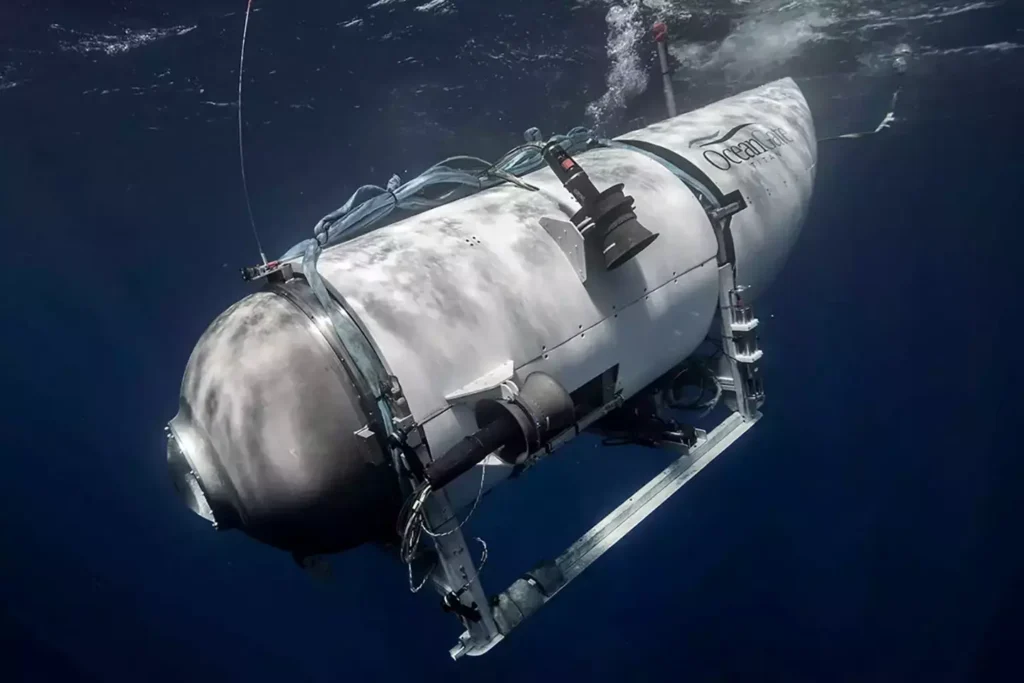
OceanGate, the company behind the ill-fated Titan submersible, is facing renewed scrutiny after revelations surfaced about its treatment of employees just days before the tragic implosion that claimed the lives of five people. Reports indicate that OceanGate pressured employees to forgo their pay, raising significant questions about the company’s financial practices and commitment to safety. This new information has added another layer of controversy to an already tragic story, highlighting potential red flags in how the company was operating in the lead-up to the disaster.
Pressuring Employees to Forgo Pay
According to multiple reports, OceanGate asked its employees to voluntarily delay or forego their paychecks as the company faced financial difficulties. These revelations come at a time when the company’s safety and ethical standards are already under intense scrutiny. The pressure placed on employees occurred in the days leading up to the Titan’s fatal voyage, which ended in the loss of all five passengers aboard the submersible on an expedition to explore the wreck of the Titanic.
The timing of these demands has raised serious concerns about the company’s financial health and its ability to manage critical safety measures. Employees at OceanGate reportedly felt the pressure to continue their work despite not receiving compensation, raising ethical questions about how the company was being run and whether this could have contributed to lapses in safety protocols.
Financial Instability and Safety Concerns
OceanGate’s financial struggles had been a topic of internal discussion long before the fatal incident, with reports of cash flow problems and operational challenges. However, the news that employees were being asked to go without pay adds a new dimension to concerns about the company’s overall stability. Critics argue that such financial instability could have led to cutting corners on safety measures, a potential factor in the catastrophic failure of the Titan submersible.
While it remains unclear whether the decision to delay or forgo employee pay had a direct impact on the safety of the Titan’s final voyage, the financial pressure placed on the workforce may have undermined the company’s ability to operate safely. The tragedy of the Titan submersible has already led to intense debate about the safety protocols and oversight of deep-sea exploration companies, and this latest revelation has only heightened those concerns.
Legal and Ethical Ramifications
The pay controversy also raises questions about the legal and ethical responsibilities of companies like OceanGate to their employees. Asking workers to forgo pay, especially in a high-risk industry like deep-sea exploration, brings up serious issues related to labor rights and corporate accountability. Employees may feel compelled to comply with such requests out of fear for their jobs, but this can create a toxic work environment that prioritizes profit over the well-being of both employees and customers.
As investigations into the Titan submersible tragedy continue, OceanGate’s financial practices and treatment of its employees will likely face greater scrutiny. This controversy could also have long-term implications for how companies in the deep-sea exploration industry are regulated, with calls for more stringent oversight to ensure that safety and ethical standards are maintained.
Conclusion
The OceanGate employee pay controversy adds another troubling layer to the already tragic story of the Titan submersible disaster. With reports of financial instability and unethical treatment of workers emerging, questions about the company’s operational practices and commitment to safety are growing. As more details come to light, the incident is likely to spark broader conversations about corporate accountability and the need for stronger oversight in high-risk industries.


